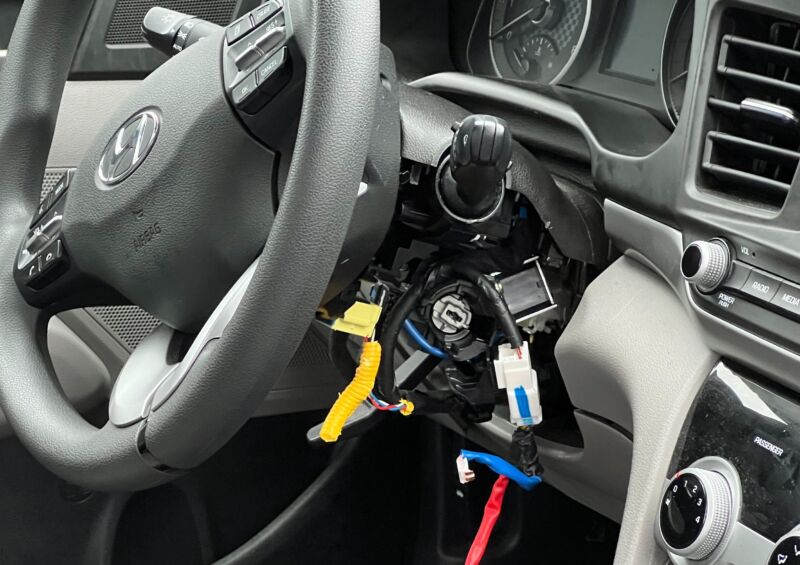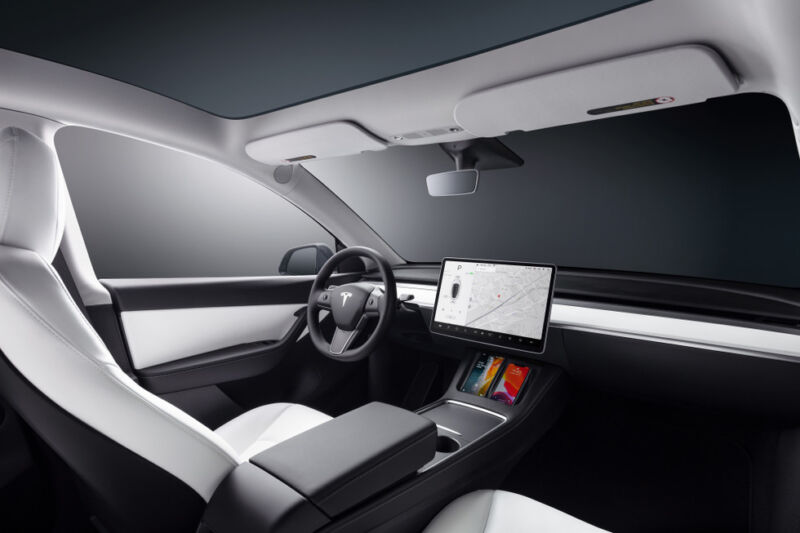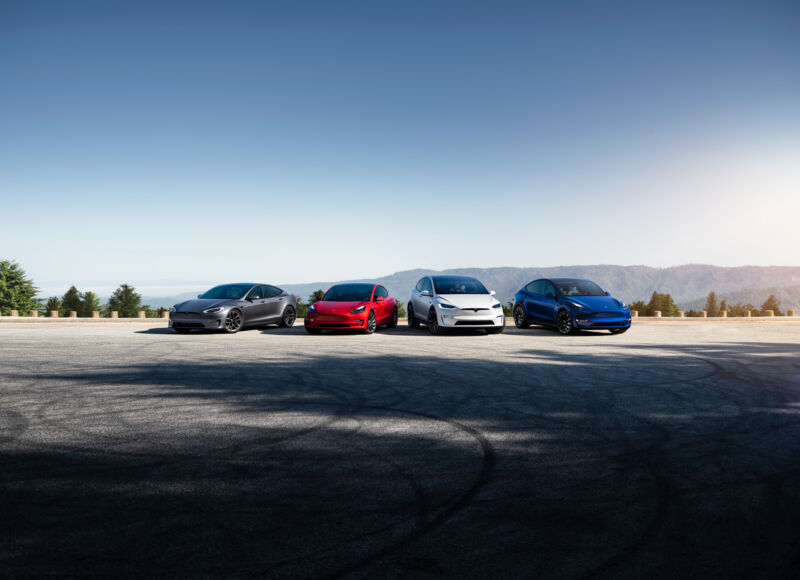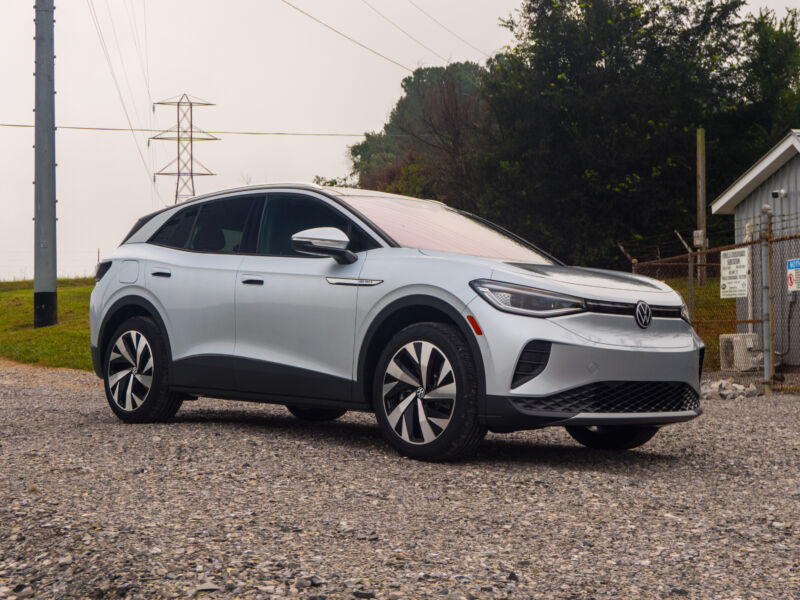-
 chevron_right
chevron_right
Feds tell automakers not to comply with Mass. “right to repair” law
news.movim.eu / ArsTechnica · Wednesday, 14 June, 2023 - 12:28
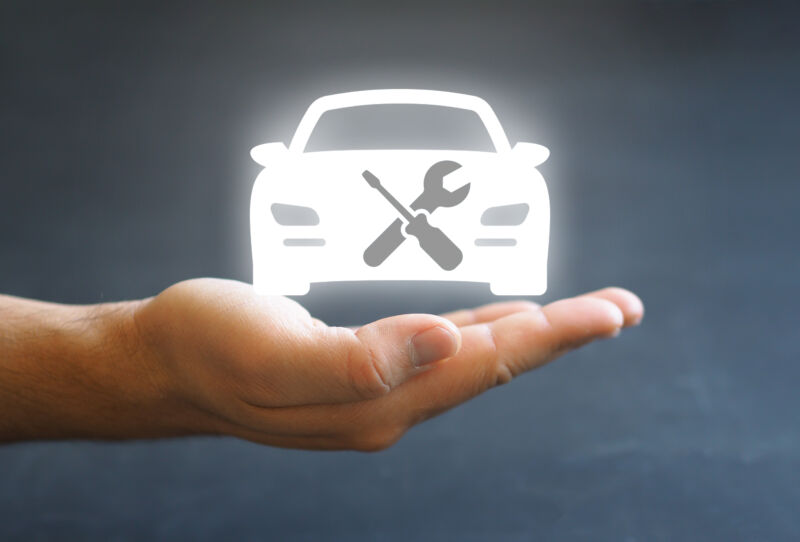
Enlarge (credit: Getty Images)
In 2020, voters in Massachusetts chose to extend that state's automotive "right to repair" law to include telematics and connected car services . But this week the National Highway Traffic Safety Administration told automakers that some of the law's requirements create a real safety problem and that they should be ignored, since federal law preempts state law when the two conflict.
Almost all new cars in 2023 contain embedded modems and offer some form of telematics or connected car services. And the ballot language that passed in Massachusetts requires "manufacturers that sell vehicles with telematics systems in Massachusetts to equip them with a standardized open data platform beginning with model year 2022 that vehicle owners and independent repair facilities may access to retrieve mechanical data and run diagnostics through a mobile-based application."
At this point, some of our more security-minded readers might need to have a lie down because, yes, that language does essentially mean there would be no proper security controls preventing someone from remotely connecting into a car.


